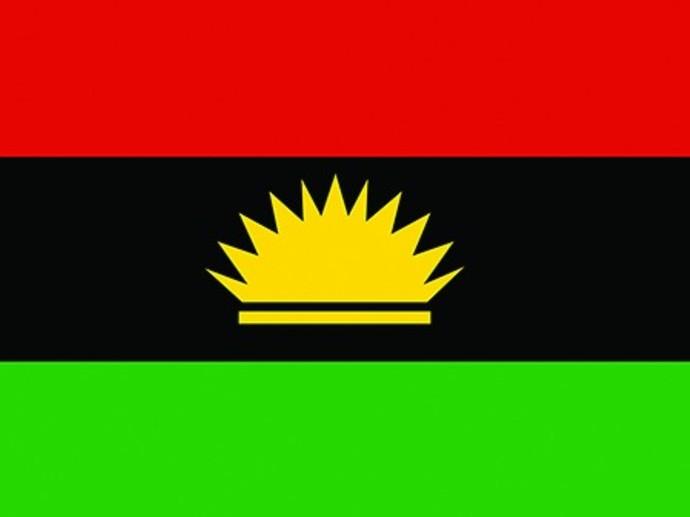Abstract: This work critically examines the issues undermining the unification of Nigeria, using indicators and concepts including failed state, separatist agitation and insecurity. It forays into the inherent issues underlying the Biafran movement and the ways in which those issues, as well as Biafran agitation, are inimical to Nigeria's development. Nigeria is a heterogeneous nation facing challenges within the balance of economic development along ethnic divisions in society. The current problems facing the Nigeria government and the Biafra separatist agitators originate in the causes and the effects of the Nigerian Civil war (06 July 1967 - 15 January 1970). Biafrans who are geographically in the South and South-East of Nigeria feel and believe that their economic and developmental prowess are not well represented in the Nigerian state, and this lack of representation leads to marginalization. This marginalization is evinced by untold hardships such as poverty, lack of infrastructure for health care and education, and generally impaired wellbeing. In order to examine these issues, this paper adopted qualitative research and intrinsic approach methodology, along with relative deprivation theory. The paper identifies and discusses the problems associated with separatist movements and how they affect national and social security, and argues that while the definition of state failure is contested and therefore Nigeria cannot yet be called a failed state, but certainly a fragile state.
Keywords: Biafra, insecurity, state failure, Nigeria, separatist movements, colonialism


